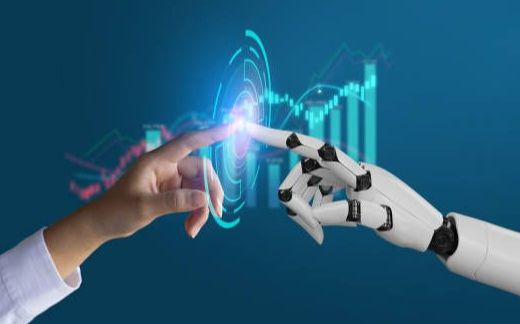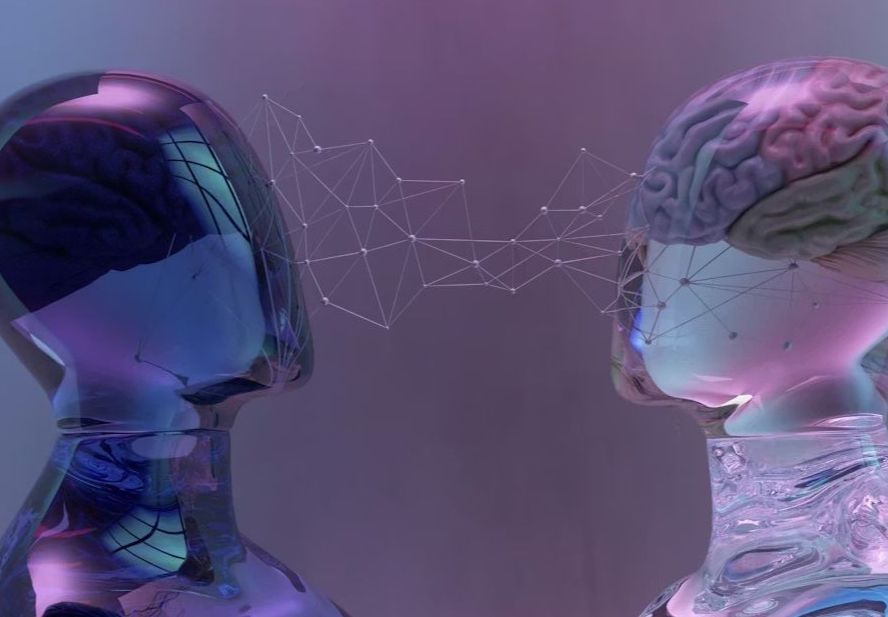Artificial Intelligence is reshaping many professions, and project management is no exception. The technology is evolving quickly and offers powerful tools that can improve efficiency, support decision-making, and take over routine tasks. When used well, AI can process large amounts of information, summarise key points, and suggest solutions in seconds, allowing project managers to focus on people, strategy, and guiding projects in the right direction.
Yet no matter how advanced AI becomes, it will never replace the essence of project management: understanding people, building trust, and leading with emotional intelligence. These skills are what turn a plan into a success. Project managers must remember that while technology can support them, it cannot lead a team, inspire collaboration, or navigate the human dynamics that are central to every project.
Where AI Helps Project Managers Today
AI is already capable of supporting many activities within project management, such as:
- Summarising meeting notes into clear and concise points
- Preparing status reports from large sets of data
- Highlighting potential risks or delays using historical information
- Automating repetitive work, including scheduling meetings or sending reminders
- Suggesting resource allocation options based on workloads and priorities
- Providing alternative approaches or improvements when requested
When these tasks are handled more quickly, AI frees up time for project managers to focus on strategic leadership, stakeholder relationships, and other parts of the job that require human judgment and relationship building.
What Could Be Automated in the Future
Looking ahead, AI is likely to become more and more proactive, with the potential to:
- Adjust project timelines in real time when priorities or dependencies change
- Predicting budget overruns or performance issues earlier and with greater accuracy
- Analyse information from multiple projects and draw patterns to deliver broader, more strategic insights and inform better decision-making
This will not remove the role of the project manager. Instead, it will shift the focus towards guiding AI, interpreting its recommendations, and ensuring they fit the real-world context.
On the other hand - Where AI Falls Short
Despite its capabilities, AI has clear limitations:
- Understand the cultural and emotional nuances within a team
- Build trust, resolve conflicts, or motivate people
- Create truly innovative solutions in uncertain or complex situations without human input
These are the moments when emotional intelligence and the human touch make the difference between success and failure.
The Project Manager’s Evolving Role
AI can be seen as an associate that is trained over time. With the right input and oversight, it can deliver high-quality support, but the responsibility for decisions and outcomes remains with the project manager.
The role will continue to involve not only managing timelines and budgets but also leading people, developing skills, and adapting to evolving situations. AI will not change that. It can enhance how projects are managed, but it will never replace the leadership, empathy, and judgment that are at the heart of project management.









